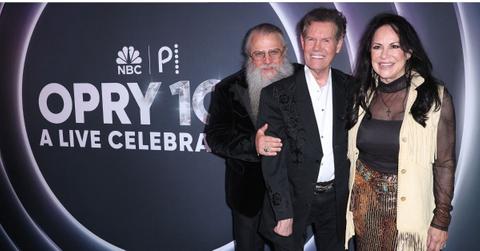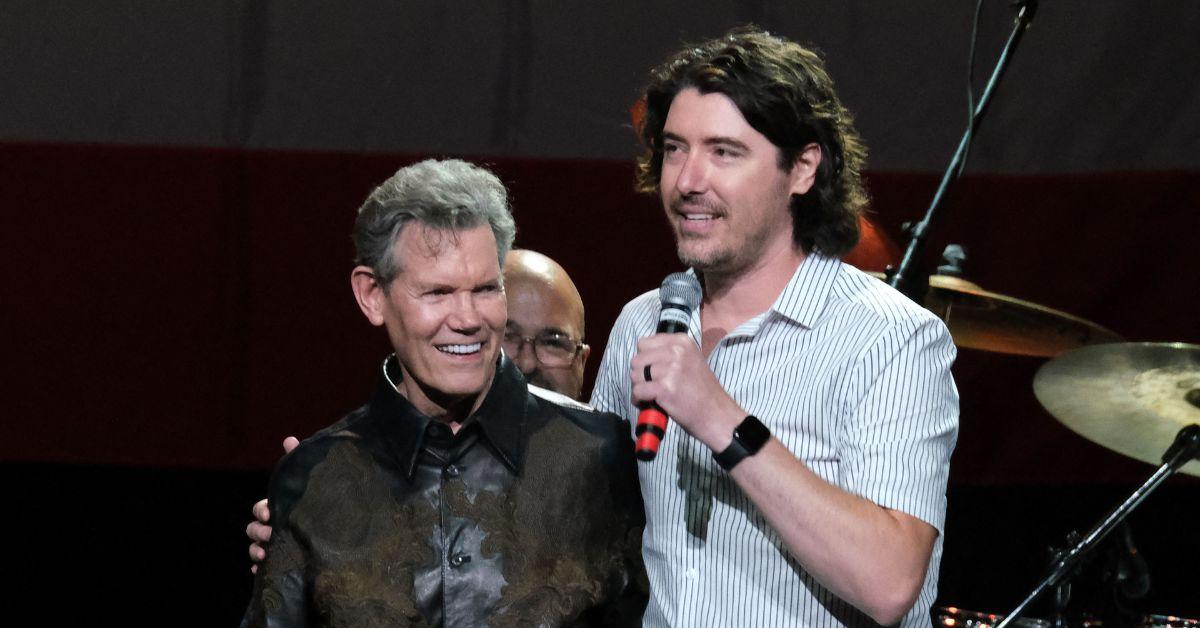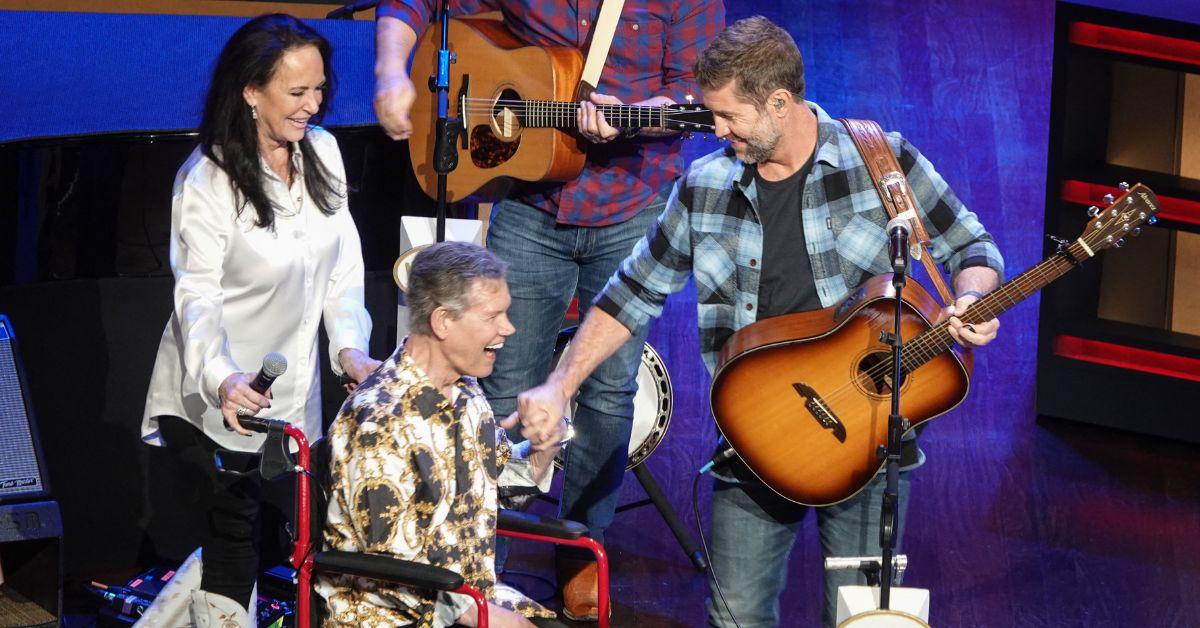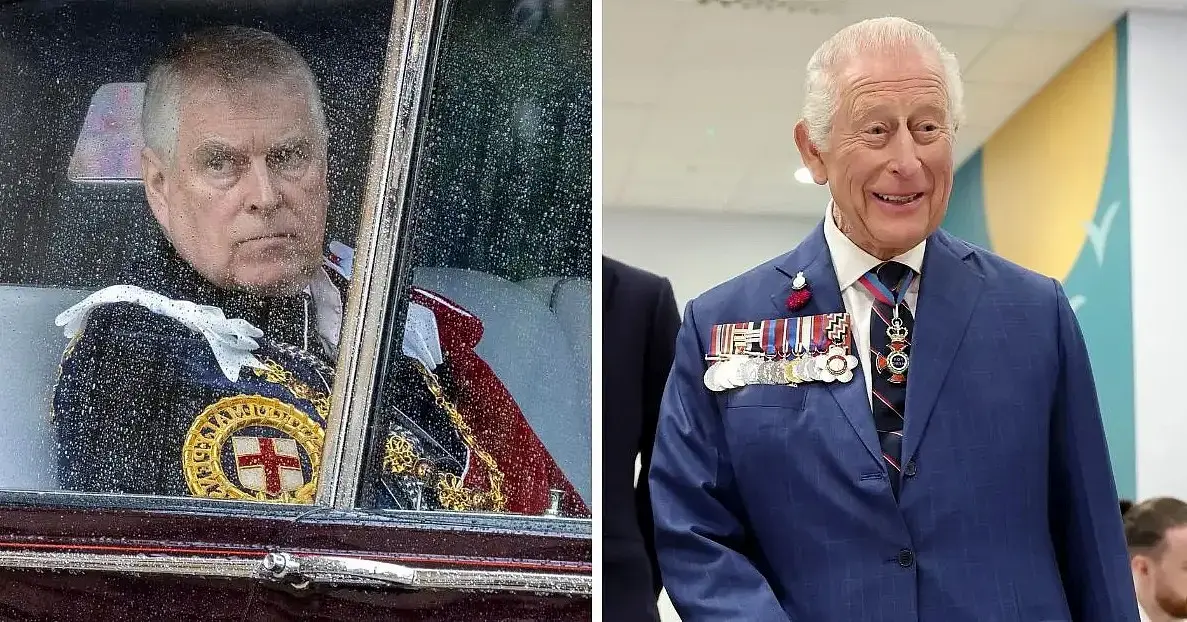EXCLUSIVE: How Country Icon Randy Travis is Using AI to Keep His Career on Track After Being Hit With Crippling Stroke

Randy Travis is embracing computer trickery to keep his career on track.
April 1 2025, Published 7:30 a.m. ET
A devastating near-fatal stroke robbed country legend Randy Travis of his voice, but RadarOnline.com can reveal the never-say-die star is STILL packing concerts with a carbon-copy singer belting out his hits.
The crafty 65-year-old music legend even released the single Where That Came From last year using sound-cloning AI to recreate his voice – and incredibly, the tune landed on the Billboard country singles chart.
"Of course, it hurts Randy greatly that he is physically unable to sing the hits his fans love, but he figures he is making lemonade out of lemons, and now he's hooked on exploring AI," a friend told us.

James Dupré joined Randy Travis on a 28-city tour, honoring the legend's legacy.
While the country great – whose 23 Number 1 hits include Forever and Ever, Amen, and On the Other Hand was clobbered by a devastating stroke in 2013 that wrecked his ability to speak and sing, the gutsy star has returned practically from the grave with a 28-city concert tour featuring his longtime band and dead-ringer singer James Dupré while Travis and wife Mary sat alongside them onstage.
The short tour was such a hit that Travis added 30 more concert dates that will keep him on the road through the fall.
"The band plays the hits and they show videos on a big screen of Randy's career as a singer and as an actor, so it's as much of a celebration of Randy's amazing life as a concert performance," our source added. "Audiences love it, and Randy feels his health is good enough that, with Mary's help, he can travel around to all these cities on the tour."

Mary Travis supports Travis on stage after AI brought his voice back to life.

Meanwhile, he's also still making music thanks to modern technology.
"It's been a struggle and then some for Randy," our source said.
They added: "He went through two brain surgeries after his stroke and doctors gave him a 1 percent chance of survival.
"But here he is 12 years later and feeling like he still has a career."


